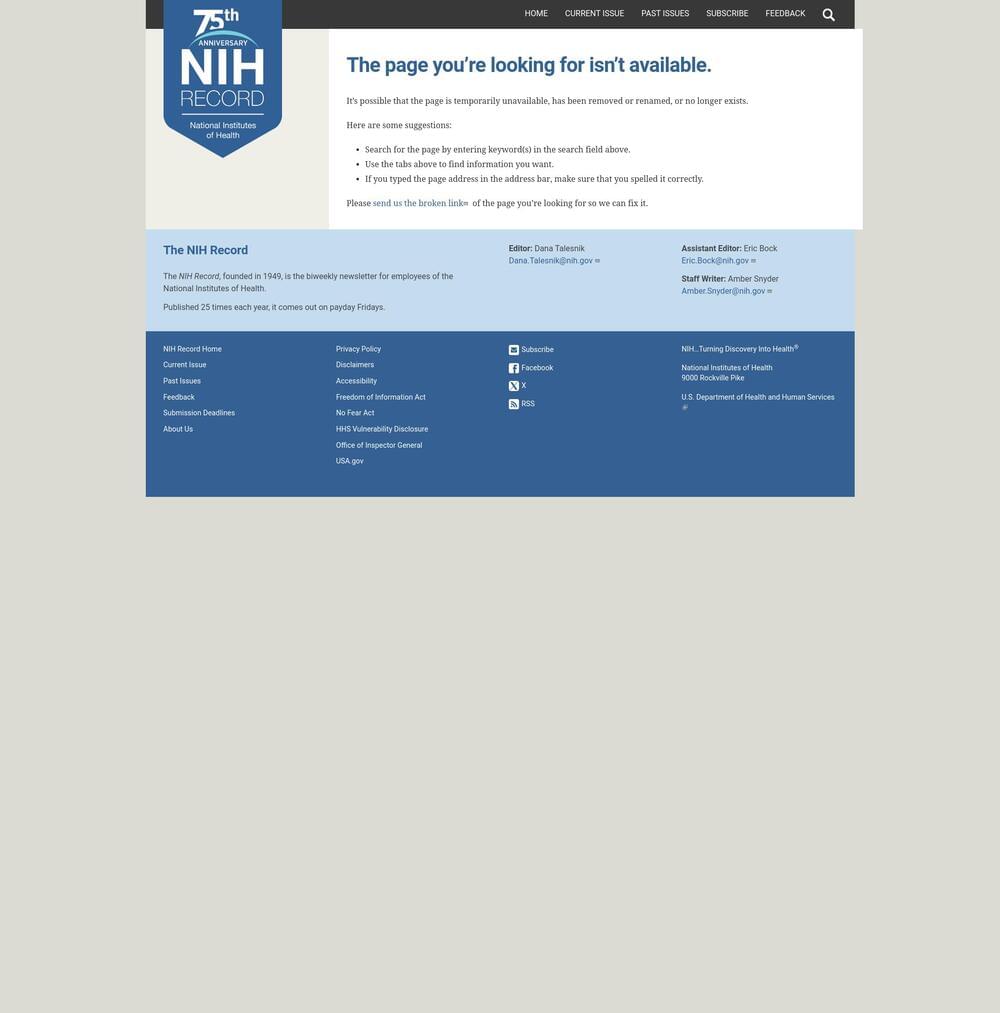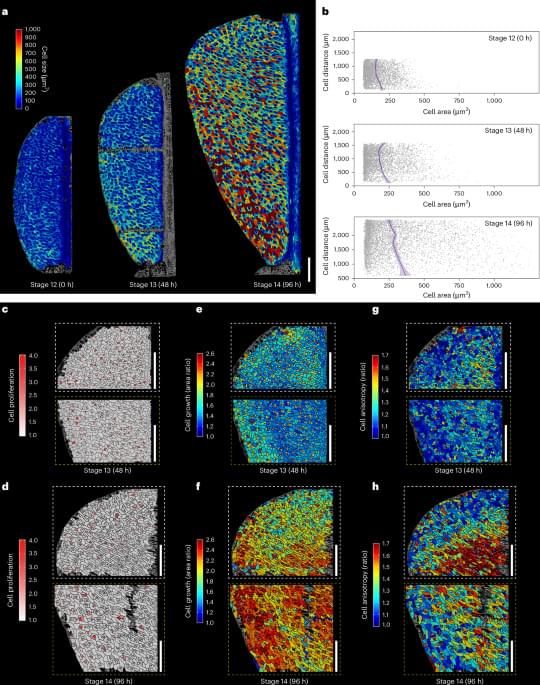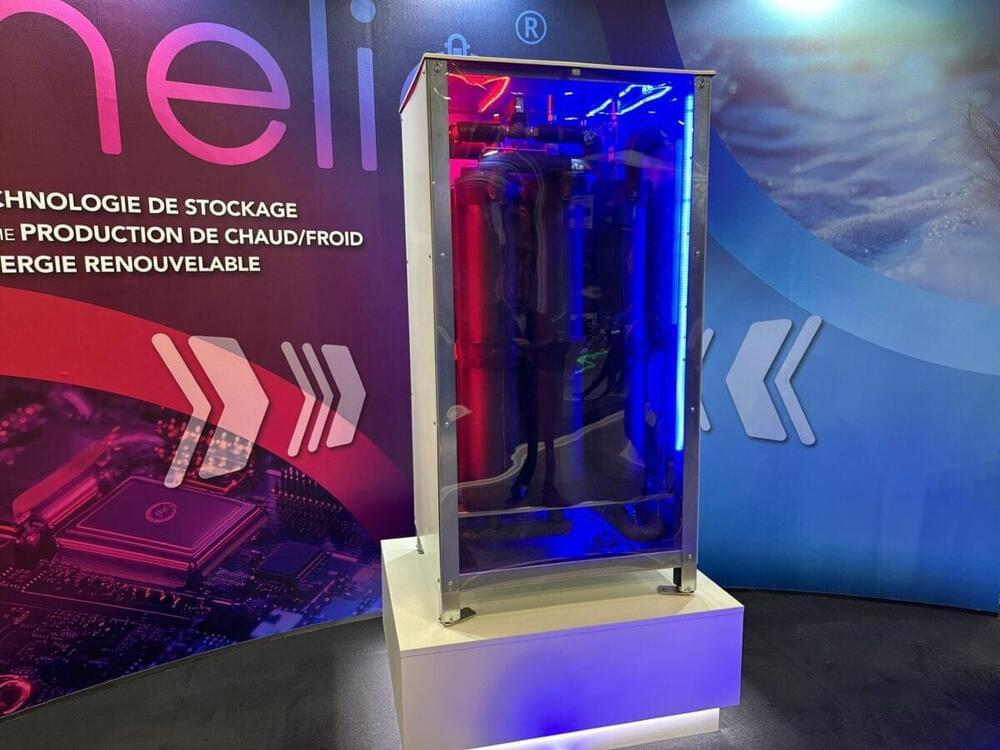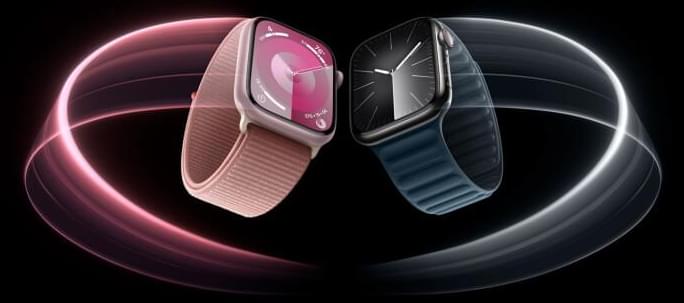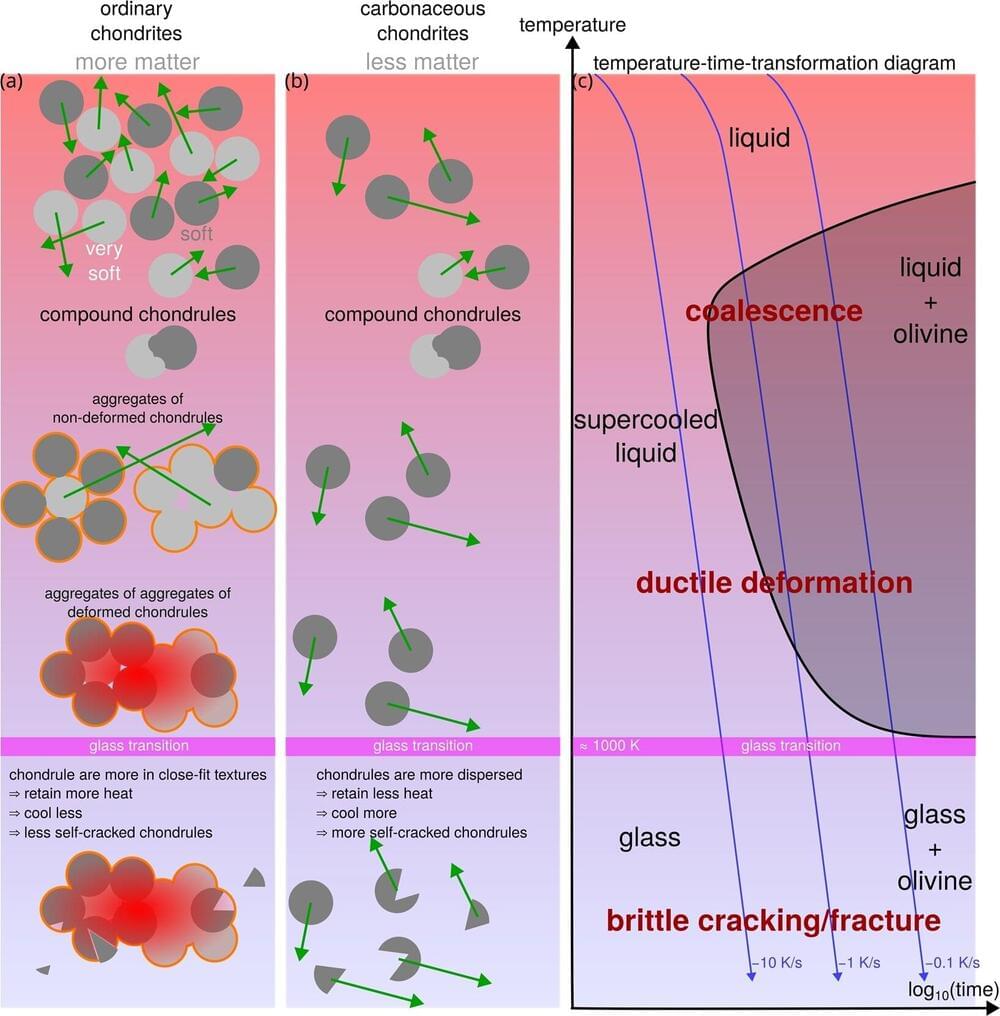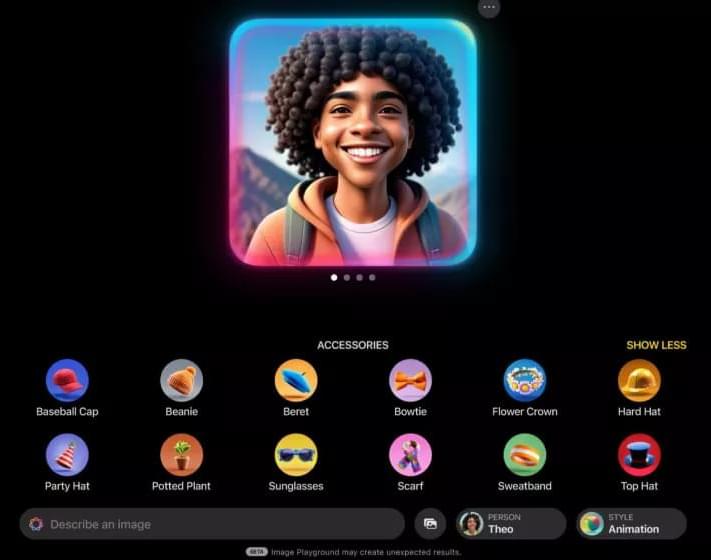Researchers think certain common viruses may trigger some autoimmune conditions—alone or in concert with other factors. A recent Office of Autoimmune Disease Research (OADR)-Office of Research on Women’s Health Science Talks series focused on understanding the triggers of autoimmunity and advancing research.
Almost 80 percent of people living with an autoimmune disease are women. It’s estimated there are 80–120 autoimmune diseases. These chronic and often debilitating diseases have no known cures. Some combination of genetics, immune regulation and the environment work together to form an “endotype” for each autoimmune disease patient, explained Dr. Judith James of the Oklahoma Medical Research Foundation.
Her presentation focused on lupus, or systemic lupus erythematosus (SLE), which disproportionately affects women. Nine women are diagnosed with SLE for every male. In SLE, the immune system attacks healthy tissue, causing inflammation and occasionally permanent damage.
